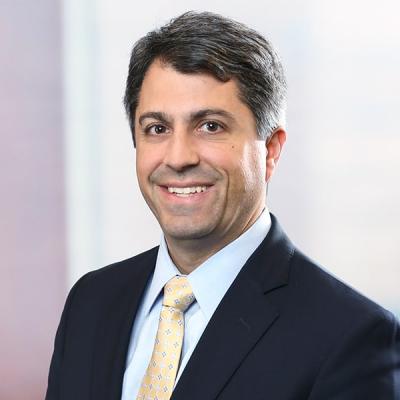Four Things to Know About the 2015 SEC OCIE Exam Priorities
On January 13, 2015, the SEC's Office of Compliance Inspections and Examinations issued its Examination Priorities for 2015. Among the various priorities, these four issues stood out:
- New Faces. OCIE specifically singled out transfer agents and proxy advisory services -- two types of entities not normally targeted for scrutiny -- as a focus with respect to a few issues. OCIE will be expanding its previous initiative on cybersecurity to now include transfer agents, and will also now actively review whether transfer agents are playing a role in microcap stock fraud. Proxy advisory services are in the spotlight with respect to how they make recommendations on voting and how they disclose and mitigate potential conflicts of interest, which has been an issue discussed in the media lately.
- Time to Sweat the Small Stuff. OCIE will continue to scrutinize broker-dealers for any signs of involvement in microcap fraud, including pump-and-dump schemes and other market manipulation.
- Big Data, Big Brother? In 2014, we saw some of the initial fruits of the SEC's use of algorithms and data analyses to identify potential securities law violations, as previously reported by this blog here. OCIE confirmed its commitment to using these types of tools, and specifically stated that it would employ data analyses to identify manipulative trading, inadequate branch office supervision, and anti-money laundering compliance.
- Show me the money! OCIE will focus on fees charged by investment advisers, especially advisers that employ multiple different fee structures. OCIE will also continue to scrutinize allocation of fees and expenses among private equity funds. Finally, OCIE will focus on anti-money laundering compliance with a particular emphasis on broker-dealers that have customers from "higher-risk jurisdictions."
Author
Breton Leone-Quick
Member
Breton Leone-Quick is an attorney who advises Mintz clients in the financial services industry in litigation matters and regulatory investigations. He leverages his understanding of federal securities laws and Delaware corporate laws to navigate complex crises and disputes.

